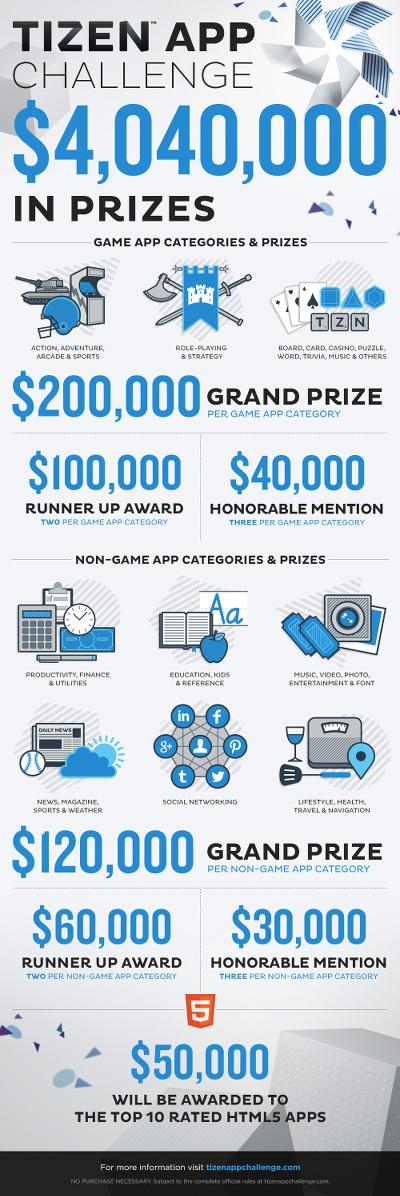 |
| $299 Surface Tablet @ Dell |
Well if you haven't heard yet, the price of Windows RT tablets are dropping. About a month ago it happened first @ Dell, dropping their XPS 10 to $299. Really they weren't the first, just the most dramatic.
Ironically, this all reminds of me PlayBook firesale or even the HP TouchPad firesale. When RIM (now Blackberry) did their firesale over a year ago everyone knew it was the end of the line for RIM Tablets. However there were people still clinging to their devices until Blackberry announced finally that BB10 OS would not be coming to Playbook. For this was final nail in the coffin for Playbooks. Blackberry will say it needed to do Playbook to learn to do BB10 properly. Now CEO Thorsten Heins saying that Tablets are dead:
“In five years, I don’t think there’ll be a reason to have a tablet anymore. Maybe a big screen in your workspace, but not a tablet as such.” - Thorsten Heins
(http://www.policymic.com/articles/39021/thorsten-heins-blackberry-ceo-tablets-will-die-in-5-years)I'm not entirely sure this isn't at some level sour-grapes as BB clearly failed and has abandoned the Tablet/Phablet market. Even Tim Cook and post Steve Jobs Apple finally gave in and built the iPad Mini. Also don't tell that to Amazon's Kindle department, which sales are on fire (vs. a fire sale).
I love some of the tongue & cheek articles that joked that Star Trek invented tablets years ago. 4Oh5 clearly shows that even before Picard had on TNG, 2001: Space Odyssey had it too. I wonder if Heins is saying all those sci-fi movies were just plain wrong. Either way, after what Heins said, it's very very unlikely that Blackberry is ever going to make another Tablet anytime soon.
WebOS also went through a file-sale. Originally of Palm origins it was sold to HP. HP built a tablet, the TouchPad using WebOS and eventually had to liquiddate it's stock through a fire sale two years ago that ironically brought down eBay. HP was to offer the WebOS as open-source, but LG seems to have licensed WebOS for TVs, but not phones.
If you read my post on Tizen, you'll notice that LG is not on the list of vendors, however likely is a company that is paying Microsoft the 'Android' patent. This is the response from CTO Dr. Skott Ahn as why LG didn't just go ahead and put Android in their TVs:
Asked why it made more sense to invest in webOS than to repurpose Android, Ahn said that LG would use Android "together" with webOS, but that he thinks "webOS is better in some of the user experience, like card UI."
(http://gadgets.ndtv.com/laptops/news/hp-to-offer-webos-as-open-source-software-224848)Part of me is wondering if webOS license from HP was cheaper than the Android virtual license to Microsoft.
In the end HP, (unlike Blackberry) is returning back into the Tablet market again, two years after TouchPad fire sale. They are now aiming to sell the Slate, which runs Android even though they own WebOS. Unlike Thorsten, CEO Meg Whitman isn't making any claims that Tablets are passe.
So what's the bottom line? The fire sale could be the end-of-the-line for Surface RT. I'm not entirely sure I would shed a tear. I wasn't very fond of the 'legacy' windows interface that had icons so small I could only use with a touchpad in the keyboard. I thought the UX was a little 'too-flat' and didn't offer users any affordances on which were buttons, etc. I also agreed that there was utter confusion on which apps were running on Surface RT (formerly metro) and which couldn't.
I guess we'll have to wait to see. However I imagine we won't have to wait for long.
Hope that helps...
Wayne Pau.






